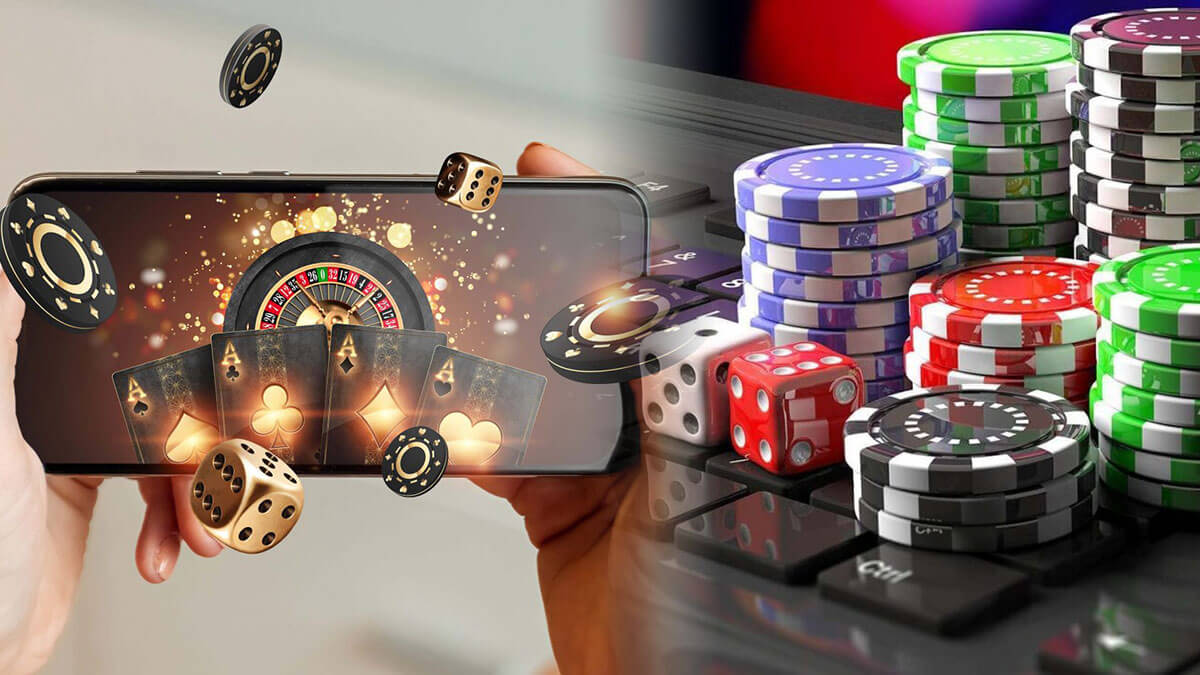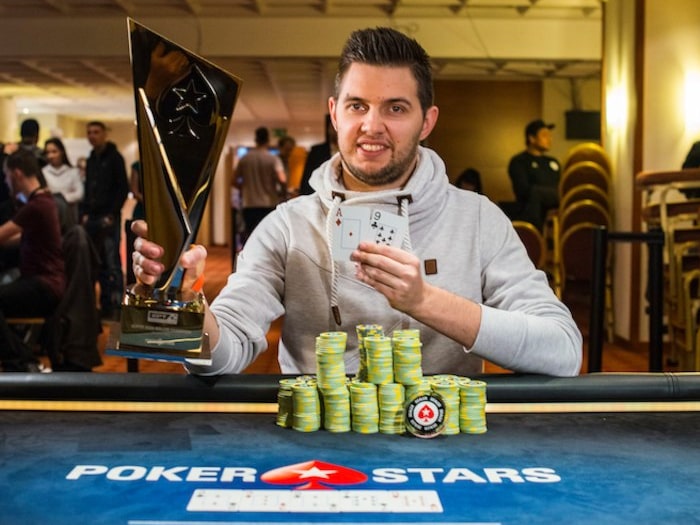The online gaming industry is growing by billions of dollars annually, and along with it comes an increase in fraudulent schemes. The question of how to protect oneself in an online casino becomes crucial for anyone planning to place bets and counting on fair play.
Making a mistake in choosing a platform or ignoring checks can lead to losing a deposit in just a few clicks. Modern protection methods include analyzing the license, software, financial instruments, and payout statistics.
How to Protect Yourself in an Online Casino: License as the Basis of Security
A reliable casino always confirms the legality of its operations with documents. It is impossible to protect yourself in an online casino without checking the license. Regulators such as the UK Gambling Commission in the UK and the Malta Gaming Authority ensure that casinos operate fairly and safely. They monitor the quality of the software, require casinos to have financial reserves for payouts, and verify the operation of the Random Number Generator (RNG) through independent audits. Curacao licenses are more common in more accessible casinos, but they provide only basic player protection.
Statistics show that disputes with Curacao-licensed casinos are resolved in favor of players in only 10-15% of cases, while in the UK, this figure exceeds 70%.
How to Check a Casino for Fairness: Practical Steps
Before registering, it is important to assess the transparency of the platform and ensure real capital protection. Thorough checks reduce the risk of falling into a fraudulent site and losing a deposit.
You can check the reliability of a casino with simple and understandable steps:
- Make sure the platform has a valid license – the regulator’s website, such as the UKGC, has an open registry;
- See which providers work on the platform: the presence of Microgaming, NetEnt, or Play’n GO indicates honest and certified software;
- Check the RTP of specific slots based on information from developers;
- Before playing, make a small test deposit and see how quickly withdrawals are processed;
- Make sure the site is protected by an SSL certificate, which can be checked through services like SSL Labs.
This approach helps quickly identify hidden risks and determine the reliability of the operator. Checking before playing saves money and time, excluding platforms with unfair software and questionable reputation.
Financial Security and Deposit Protection
When choosing a platform, it is important to assess the deposit and withdrawal methods. It is impossible to protect yourself while playing in an online casino without understanding how payment gateways work. Legal platforms use secure servers with SSL encryption.
Delays in withdrawing winnings are more common on unlicensed sites: the processing time for a request can stretch to several weeks. Regulated operators process withdrawals within 24-72 hours. Verification is a standard identity confirmation procedure that prevents scamming and money laundering.
How to Choose a Licensed Online Casino
Choosing a platform requires attention to detail. It is impossible to protect yourself in an online casino without studying the jurisdiction. Reliable regions include the UK, Malta, and Gibraltar. Curacao and Panama allow less stringent checks.
Major brands publish payout reports and RNG audits. eCOGRA, iTech Labs, and GLI provide certificates that can be verified on official resources. Clear responsible gaming policies, deposit limits, and risk notifications confirm the legality of operations.
How to Protect Yourself in an Online Casino: Fighting Fraud and Scamming
The internet is full of fake platforms. To protect yourself from fraud in online casinos, it is important to study the technical characteristics of the platform. Unlicensed sites often use cheap scripted software, servers without encryption, and domains with no history.
Scamming manifests in hidden commissions, blocking of winnings without reason, and endless re-verification. Regulators like the UKGC or MGA require operators to transparently inform about payout rules and prohibit changing the RTP after certification.
The Role of RTP and RNG in Player Protection
Each slot has an RTP indicator – the percentage of bets returned to players. It is impossible to protect yourself in an online casino without analyzing this indicator. An RTP of 96% means that in the long term, out of every €1,000 in bets, players on average get back €960.
If this indicator is significantly lower than stated, it may indicate interference in the game. The result of each spin is generated by the Random Number Generator (RNG), and only an independent audit confirms that it operates fairly. Companies like eCOGRA and GLI publish reports of their checks, and their absence is often a worrisome signal for players.
Authenticity Check of a Slot and Game Fairness
Licensed slots use certified RNG. Companies like eCOGRA test algorithms for result unpredictability.
The authenticity check of a slot starts with the provider’s name. NetEnt, Pragmatic Play, Microgaming publish RTP (Return to Player) on official websites. An RTP below 92-93% signals possible interference. Scripted software often alters the probability of winning: casinos manually adjust payout frequency.
Data Security and Account Protection
The question of how to protect yourself in an online casino includes cybersecurity. A secure server with HTTPS and 256-bit SSL prevents data interception. Document verification and two-factor authentication block unauthorized access to the account.
Financial transactions through licensed payment systems reduce the risk of data theft. Top operators collaborate with Visa, Mastercard, PayPal, Skrill, enhancing the level of protection.
How to Protect Yourself in an Online Casino: Conclusions
Understanding how to protect yourself in an online casino starts with checking the license, software, and financial instruments. Making a reliable platform choice and carefully analyzing RTP, RNG, and verification minimize the risk of fraud. Monitoring account security and evaluating the operator’s reputation create a solid foundation for fair play and protect winnings.
 en
en  de
de  ar
ar  es
es  nl
nl  hi
hi  fr
fr  it
it  pt
pt  el
el 












